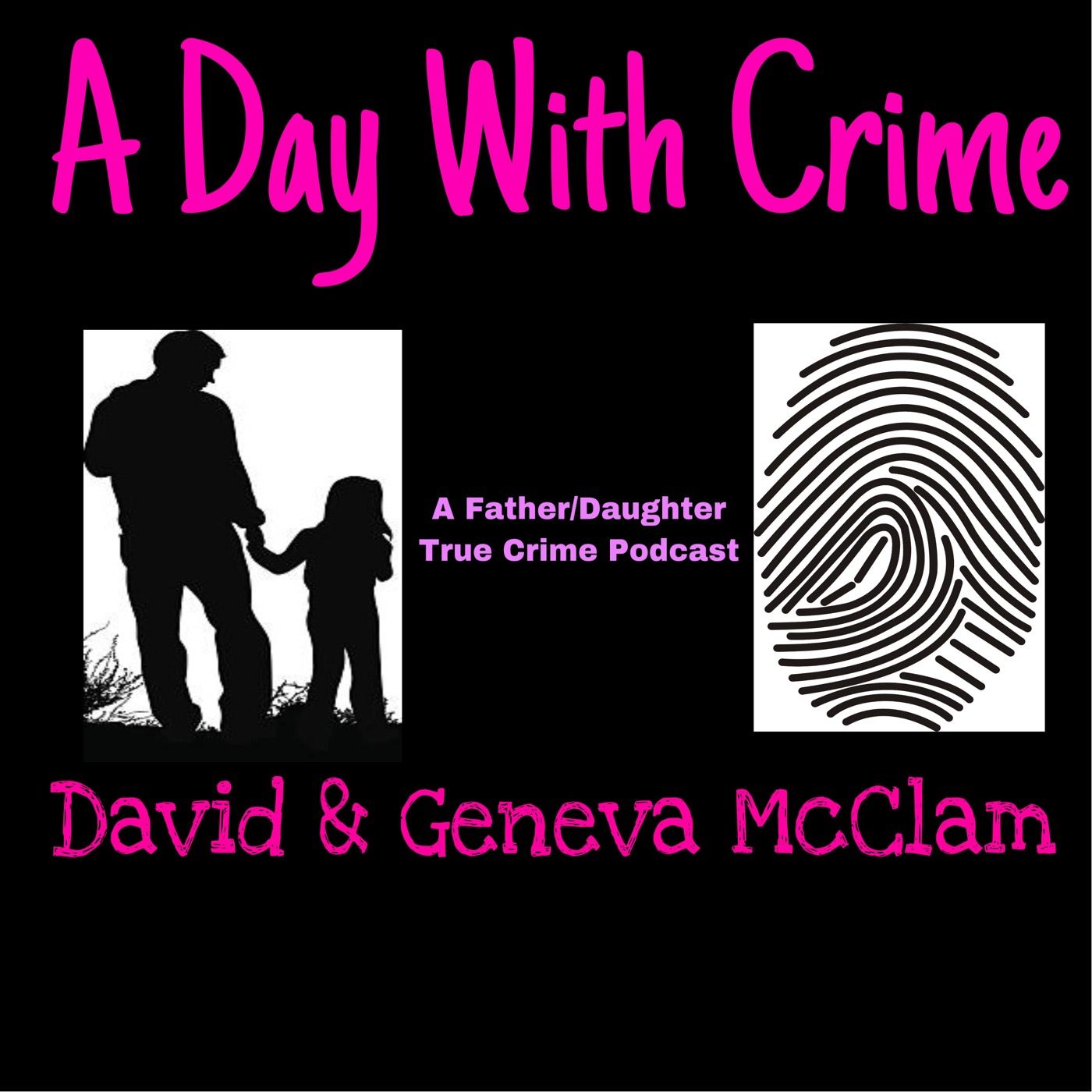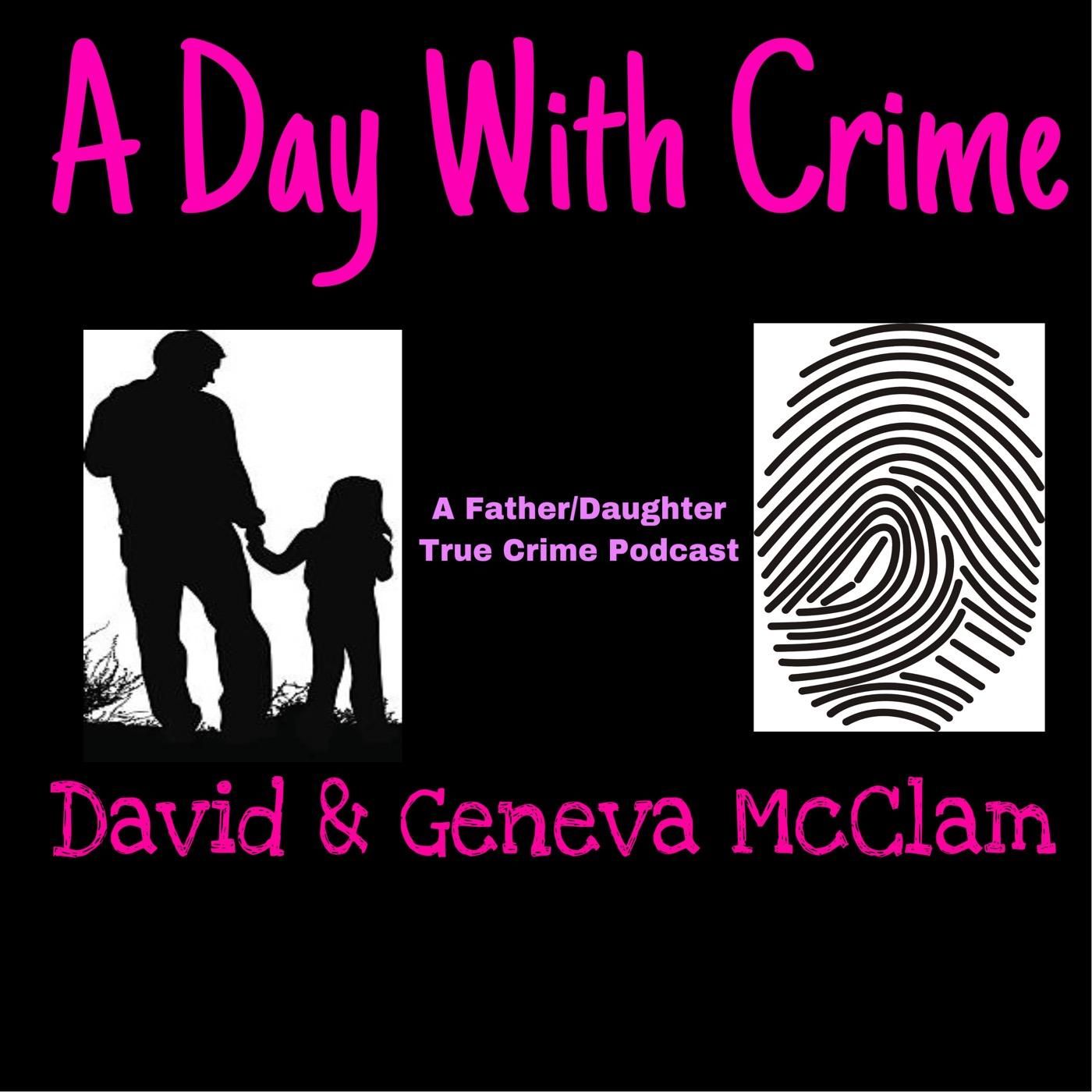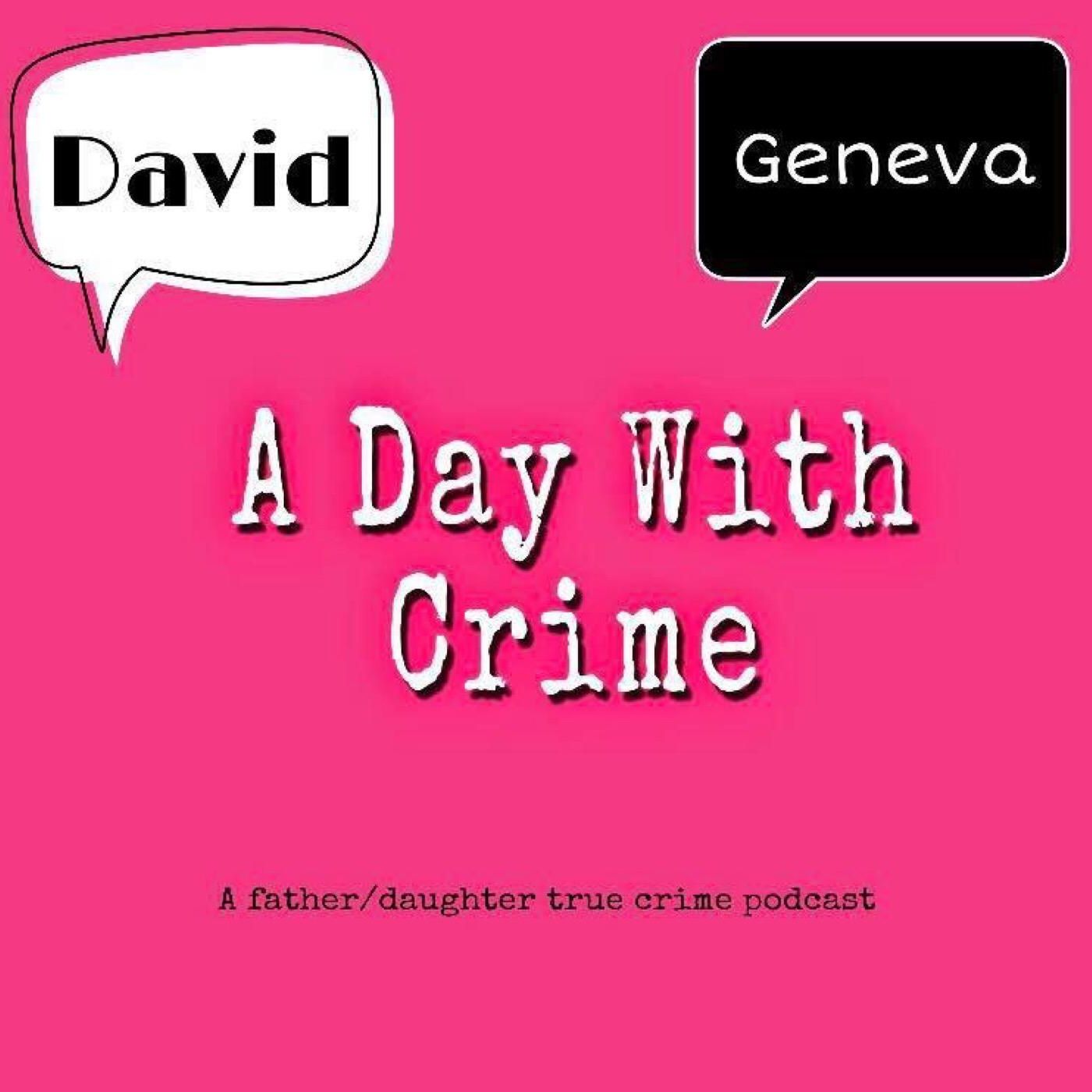Black History Fact #24:The Lovings

Mildred and Richard Loving left their home state of Virginia to get married. They were warned by Virginia state officials that getting married would be a violation of state law, as Richard was white and Mildred was not. When they returned home,...
Mildred and Richard Loving left their home state of Virginia to get married. They were warned by Virginia state officials that getting married would be a violation of state law, as Richard was white and Mildred was not. When they returned home, Mildred was promptly arrested. When she was finally released, the couple was referred to the American Civil Liberties Union by Robert Kennedy. The ACLU, seeing an opportunity to end anti-miscegenation laws, jumped at the chance.
After making their way through local and state courts, Loving v Virginia was put before the Supreme Court, and the bans on interracial marriage were deemed unconstitutional. It was a landmark victory for couples of different races, and the Lovings are often heralded as being the catalysts for making it happen. The last law formally prohibiting interracial marriage was overturned in Alabama in 2000. The Lovings were featured in a 2016 biopic, Loving , starring Ruth Negga and Joel Edgerton.
Don’t commit any crimes our there…So you DON’T end up on our podcast!
What's going on, everybody. Welcome to another episode of a day with crime, black history fact edition. Of course I am your man, David. Let's jump in.
Mildred and Richard loving, left their home state of Virginia to get married. They were worn by Virginia state officials that getting married would be a violation of state law as Richard was white and Mildred was not when they returned home, Mildred was promptly arrested when she was finally released, the couple was referred to the American civil liberties union by Robert.
The ACL you seeing an [00:01:00] opportunity to end in Thai massage. The nation laws jumped at the chance after making their way through local and state courts. Loving versus Virginia was put before the Supreme court and the bans on interracial marriage were deemed unconstitutional. It was a landmark victory for couples of different races, and the Lovings are often heralded as being the catalyst for making it happen.
The last law formerly prohibiting interracial marriage was overturned in Alabama. In 2000, the Lovings were also featured in a 2016 by OPIC loving star in Ruth nega and Joel Edgerton. Now, for me, the most craziest part of that whole thing is that it took until the year 2004, the state of Alabama to overturn that law.
Also, if you guys have never seen the movie loving, I'm going to recommend it. It is a great [00:02:00] movie and I think it is something that you guys will enjoy. All right. So a little bit more about Mildred and Richard loving Mildred Deloris loving was born Mildred Jeter on July 22nd, 1939. And she was the daughter of new CEO bird Jeter, and the Oliver Jeter.
She was born and raised in the town of central point in Caroline county, Virginia. She was known as a quiet and humble woman. She identified herself as Indian Rappahannock, but was also reported as being of cherry key Portuguese and African American ancestry. During the trial, it seemed clear that she identified herself as black, especially as far as her lawyer was concerned.
However, upon her arrest, the police report identifies her as Indian a possible contributing factor is that it was seen at the time. Of her arrest as advantageous to be anything but black. There was an ingrained [00:03:00] history in the state of the denial of African ancestry. Additionally, the frequent racial missing in their community could have contributed to this fluent racial identity.
Overall, though, she is often referred to as a mix of native American and African. That kind of a little bit about that. And it says that there was an ingrained history in the state of the denial of African ancestry for a long period of time over slavery, black people was told that they were Indian or mixed with Indian.
It even came down through my generation where everybody was like, oh yeah, you mixed with like this Indian and you mixed with that. And if you look at some of us, you may believe that because of the color of our skin, maybe we have high cheekbones, but in a lot of cases, not all, but in a lot of cases, that was not true.
In my case, I can tell you that was not true because I have had a DNA test, but in her case, they're saying that she was mixed or she did identify [00:04:00] as having Indian ancestry and they wanted to use that. Uh, in this case, Richard loving was the son of Lola Allen loving in Twilley loving. He was also born and raised in central point where he was a construction worker.
He was white and his grandfather TP farmer fought for the Confederacy in the civil war. The ancestor Louis loving was marked in the 1830 census as owning seven slaves. So think about that. Just let that sit for. He grows up to fall in love with a black woman, but his ancestors owned slaves. Caroline county had heritage strict to Jim Crow, segregation laws, but central point had been a visible, mixed race community since the 19th century.
Richard's father worked for one of the wealthiest black men in the county for 25 years. And Richard's closest companions were black, including those. He dragged grace with and milkers older brothers. [00:05:00] There's just a few people that live in this community. Richard said a few white and a few colored. And as I grew up and as they grew up, we all helped one another.
It was all, as I say, mixed together to start with and just kept going that. The couple met with Milton was 11 and Richard was 17. He was a family friend. And years later, they began dating. When Mildred was 18, she became pregnant and Richard moved into the Jeter household. They decided to marry in June of 1958 and traveled to Washington DC to do so.
At the time interracial marriage was abandoned in Virginia by the racial integrity act of 1924 Mildred later stated that when the. She did not realize their marriage was illegal in Virginia, but she later believed her. I had known it. So just to give you a little bit, if you don't know the racial integrity act of 1924 years, or if you've never heard of it, I'll get it a little bit.
Since in 1924 of the Virginia general [00:06:00] assembly, inacted the racial integrity act. The act reinforce racial segregation by prohibiting interracial marriage and classifying as white, a person who has no trace whatsoever of any blood other than Caucasians. The act and outgrowth of eugenics and scientific racist propaganda was pushed by Walter plucker, a white supremacist and eugenicist who held the post of registrar of Virginia bureau of vital statistics.
It was their way in 1924 to make sure that black and white, he stayed apart by any means necessary. So they had to block. Just in case. So that law was still on the books when Mildred and when Richard decided to get married back in 1958 after their marriage, the leverage return home to central. They were arrested.
And at night by the county sheriff who had [00:07:00] received an anonymous tip and charged with cohabitating as man and wife against the peace and dignity of the Commonwealth, they pled guilty and were convicted by the Carolina county circuit court. On January 6th, 1959. They were sentenced to one year in prison suspended for 25 years on the condition that they leave the state and they moved to the district of Columbia.
Now they got a year in prison, but they suspended it for 25, which pretty much meant we're going to give you a year in prison, but we gonna let it go for 25 years. If you come back to this state in 25 years, if you get married in here, if you just stepped foot, because if you look deeper into it, they couldn't even come back.
They were asked to leave and there was a poster stay gone forever. So they even came back. They were supposed to get arrested and put in jail for one. In 1964, frustrated by their inability to travel, to go to visit their families in Virginia [00:08:00] and by social isolation and financial difficulties in Washington, they follow suit to vacate the judgment against them and allow them to return home.
And I do want to go back and test. I don't want to, you got to think I'm blanching over it. That they met when he was 17 and she was 11. So that's a six year. Now, because of that particular 11 and 17, everybody's going to look at that, especially now my wife and I are at exactly six years apart, too, but nobody's going to look at that because we're grown past the age, 18 things of that nature.
Now we'll go back and say they met then, but nothing happened for several years with them until Mildred was of. And so that's why she was pregnant at 18, which at that point in time, and in that state, that was the legal age of any type of consent. So as we know, they did March on to the Supreme court in 1964, [00:09:00] Mildred loving wrote in protest to attorney general, Robert F.
Kennedy Kennedy referred her to the American civil liberties union, better known as the ACL. They filed a motion on the lover's behalf to vacate the judgment and set aside the citizens on the grounds that the statues violated the 14th amendment. This began a series of lawsuits, which ultimately reached the United States Supreme court.
And on October 28th, 1964, when their motion still had not been decided, the lovelies began a class action suit in the United States district court on January 22nd, 1965. The district court allowed the Lovings to present their constitutional claims to the Virginia Supreme court of appeals, Virginia Supreme court justice.
Harry L Carrico later became chief justice wrote the court's opinion, upholding the constitution anally of the anti Mr. Nation statutes and affirmed the criminal convictions, [00:10:00] the Lovings and the ACL. You appealed the decisions to the U S Supreme. The Lovings did not attend the oral argument in Washington, but their lawyer Bernard as Cohen conveyed a message from Richard loving to the court, tell the court, I love my wife and it is just unfair that I can't live with her in Virginia.
The case loving V Virginia was decided unanimously in the Loving's favor on June 12th, 1966. The court overturned their convictions. There's missing Virginia's argument that the law was not discriminatory because it applied equally to and provided identical penalties for both white and black persons.
The Supreme court ruled that the anti basic nation statute violated both the due process and equal protection clauses of the 14th amendment and the Lovings returned to Virginia after the Supreme court DC. [00:11:00] Now the Lovings did go on to have three children, Donald Peggy and Sydney loving. And after the Supreme court case was resolved in 1967, they did move back to central point where Richard built them a house.
Mildred said that she considered her marriage and the court decision to be God's work. She supported everyone's right to marry whoever he or she. In 1965 while the case was pending, she told the Washington evening star, we loved each other and got married. We are not marrying the state. The law should allow a person to marry anyone he wants.
And on June 12th, 2007, Mildred issued a statement on the 40th anniversary of the loving V Virginia Supreme court. Her statement concluded my generation was barely divided over something that should have been so clear and right, the majority believe that what the judge said that it was God's plan to keep people apart [00:12:00] that government should discriminate against people in love.
But I have lived long enough now to see big changes. The older generations fears and prejudices have given way. And today's young people realize that if someone loves someone, they have a right to. So round it as I am now by wonderful children and grandchildren, not a day goes by that. I don't think of Richard and all love our right to marry and how much it meant to me to have that freedom to marry the person precious to me.
Even if others thought he was the wrong kind of person for me to marry, I believe all Americans, no matter their race, no matter their sex, don't matter their sexual orientation to have that same freedom to me. Government has no business and posing some people's religious beliefs over others, especially if it denies peoples civil rights.
I am still not a political person, but I am proud that Richards and my [00:13:00] name is on a court case that can help reinforce the love, the commitment, the fairness, and the family that so many people, black or white, young, or old gay or straight seeking. I support the freedom to Murray for all. And that's what loving and loving are all about.
That was a very powerful statement that Mildred made. And if you guys did not know this, and I think it should be made official, but unofficially, June 12th is considered to be loving day. And I think that that day it should be made in official. Holiday sadly though, on June 29th, 1975, a drunk drivers struck the Loving's car and Caroline county, Virginia Richard was killed in the accident at age of 41.
And Mildred lost her right eye Mildred [00:14:00] died of pneumonia on May 2nd, 2009. And Milford, Virginia at age of 68 or daughter Peggy fortune said, I want people to remember her as being strong and brave yet humble in believing in love the final sit-ins and Mildred Loving's obituary in the New York times notes.
Her statement to commemorate the 40th anniversary of loving V Virginia, a modest homemaker, loving, never thought she had done anything extraordinary. It wasn't my doing loving, told the associated press in a rear interview in 2007, it was God's work. So let me just say, I want to say thank you to Mildred and Richard, because of the.
That if you guys don't know this, but if you've listened to me long enough where there's been here, whether it's been on my YouTube channel that I used to do all the time or whether it's been on my current, my other current podcasts was a day where crime, I am probably interracially married. I have six interracial grandchildren, and I have six interracial children.[00:15:00]
I have no, I did not get married. Because of the color of anybody's skin. And I do have family members. I have some friends who, to this day still can't get it. Doesn't marry anybody for race. Didn't meet my wife and say, you know what? I like you because you white, you just do not control who you meet and who you decide that you want to fall in love with.
I just think that that is being. And nobody has that right? To tell you, you can't marry somebody because of their skin color or their skin tone. So I look at black history month as paying homage to those who came before us, who paved ways. And in a lot of ways, not only just pave the way for African Americans, but also paved the way for all Americans, no matter what the color of their skin is.
all right, guys that does with this. And I thank you for tuning in to yet another [00:16:00] black history fact here. Join me tomorrow, I have another one for you.
As always need to get ahold of us, feel free to drop a line. At a day with crime@gmail.com. Also, don't forget to visit the website, www.adaywithcrime.com. It is your one stop shop for everything that is a day with crime. Alright guys, as always be safe all there and be good to yourself. and each other. And I'm going to catch you guys on the next one.






